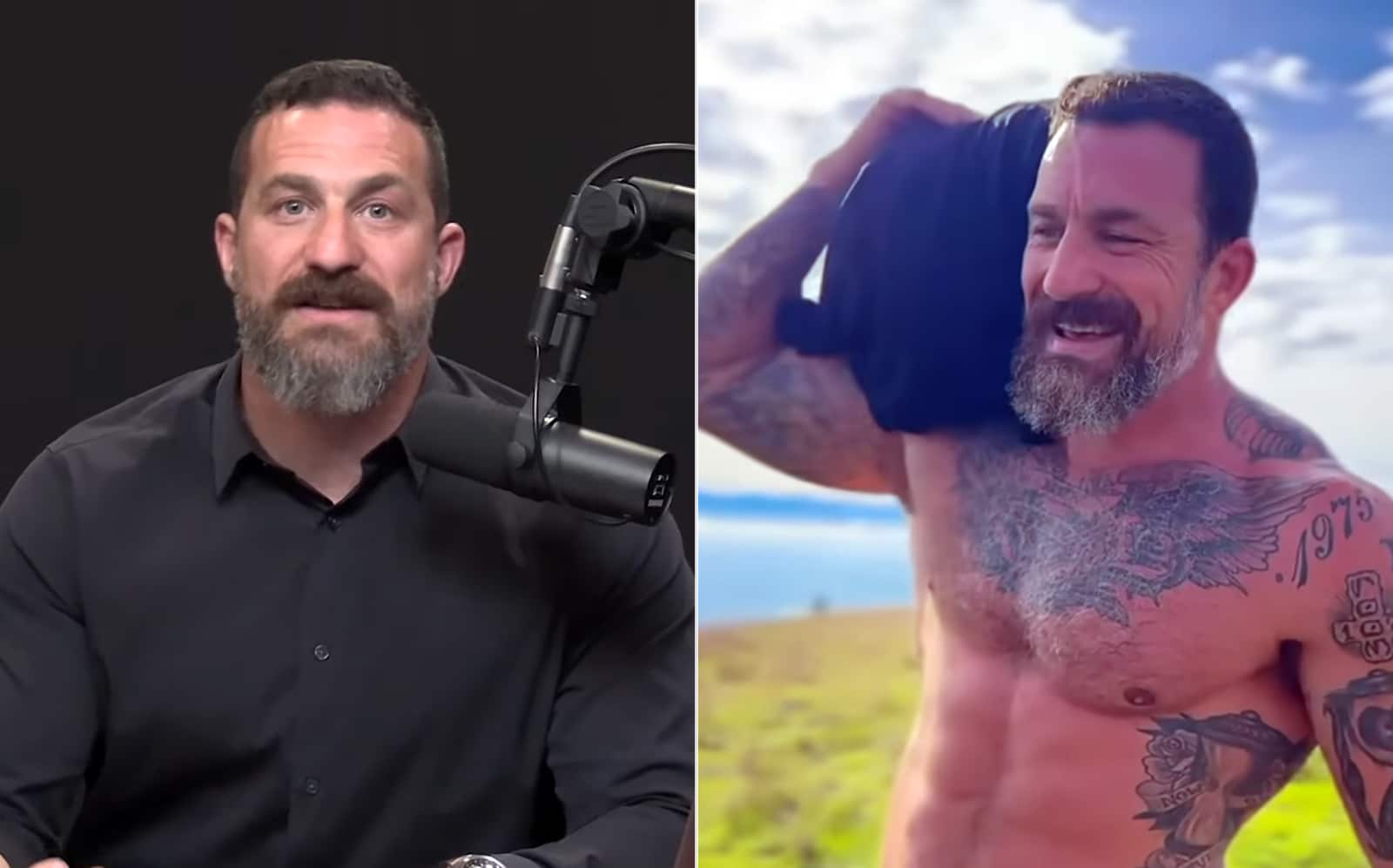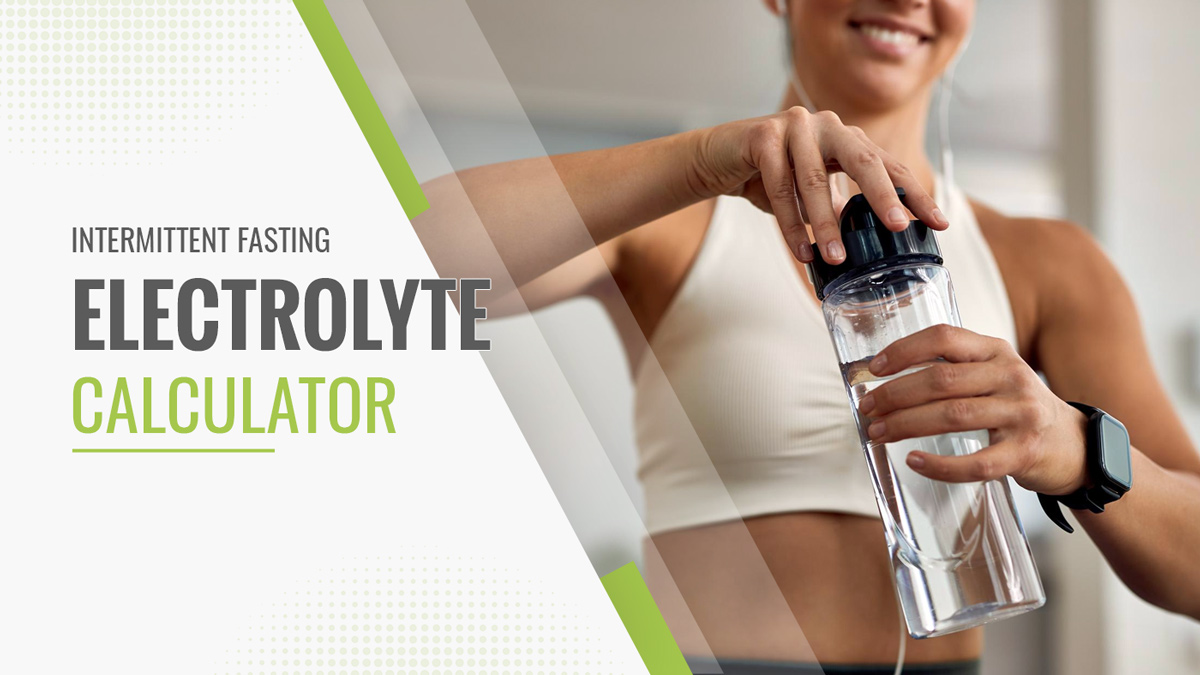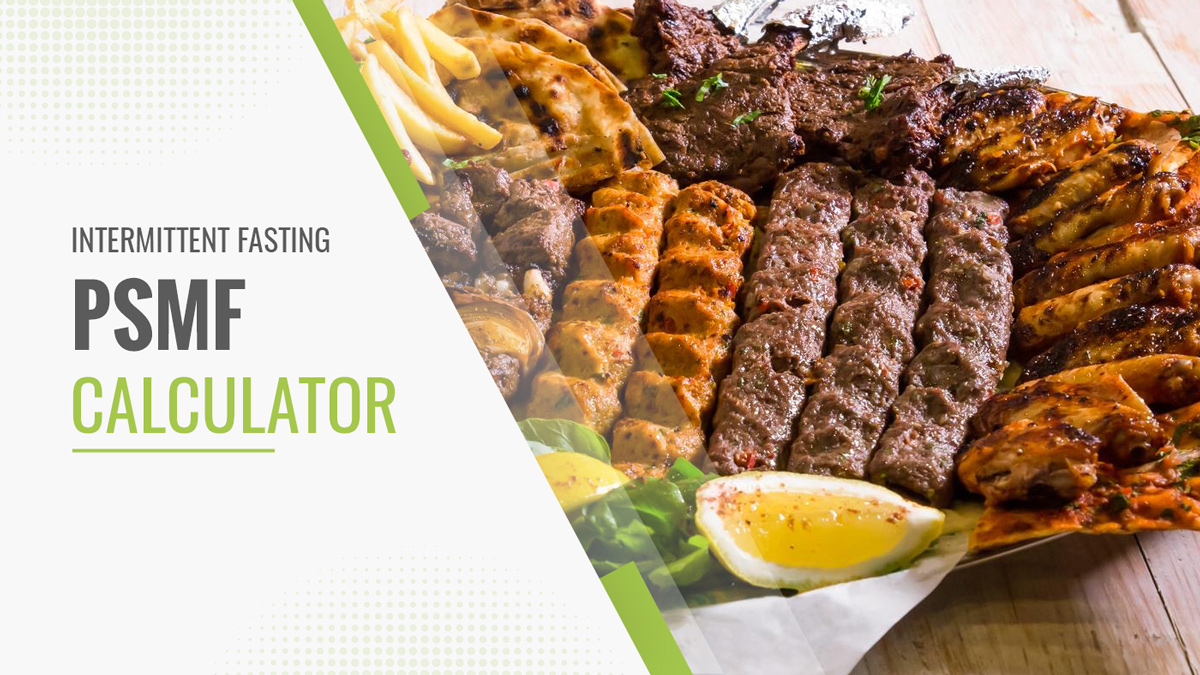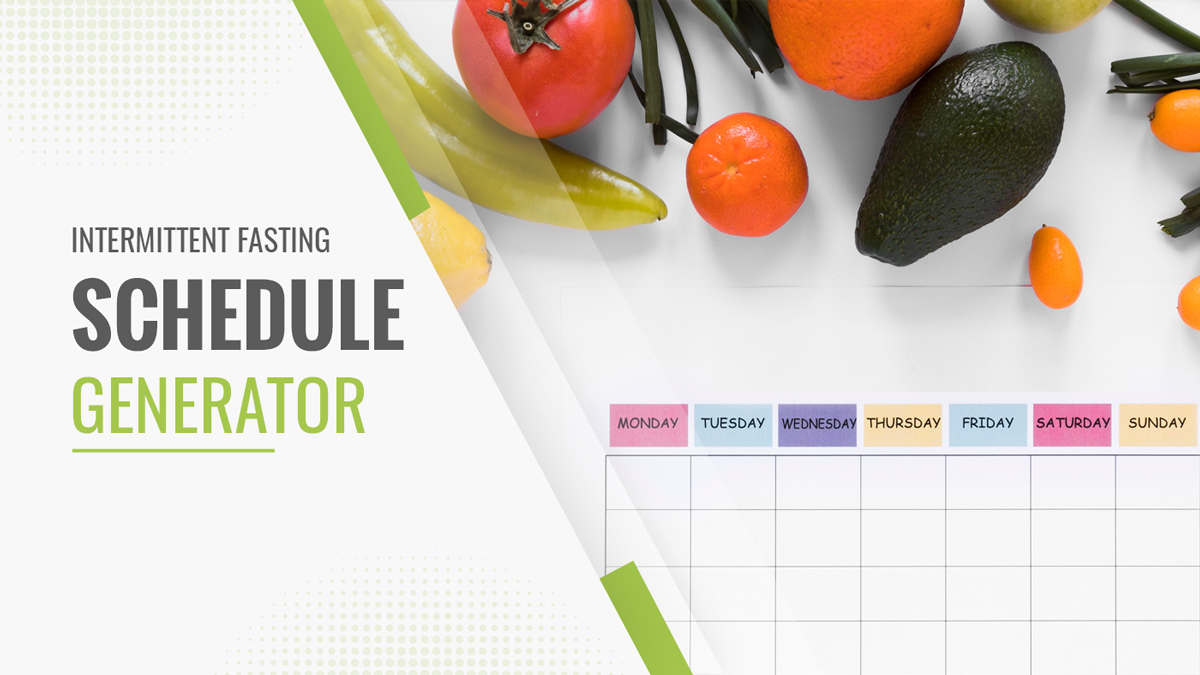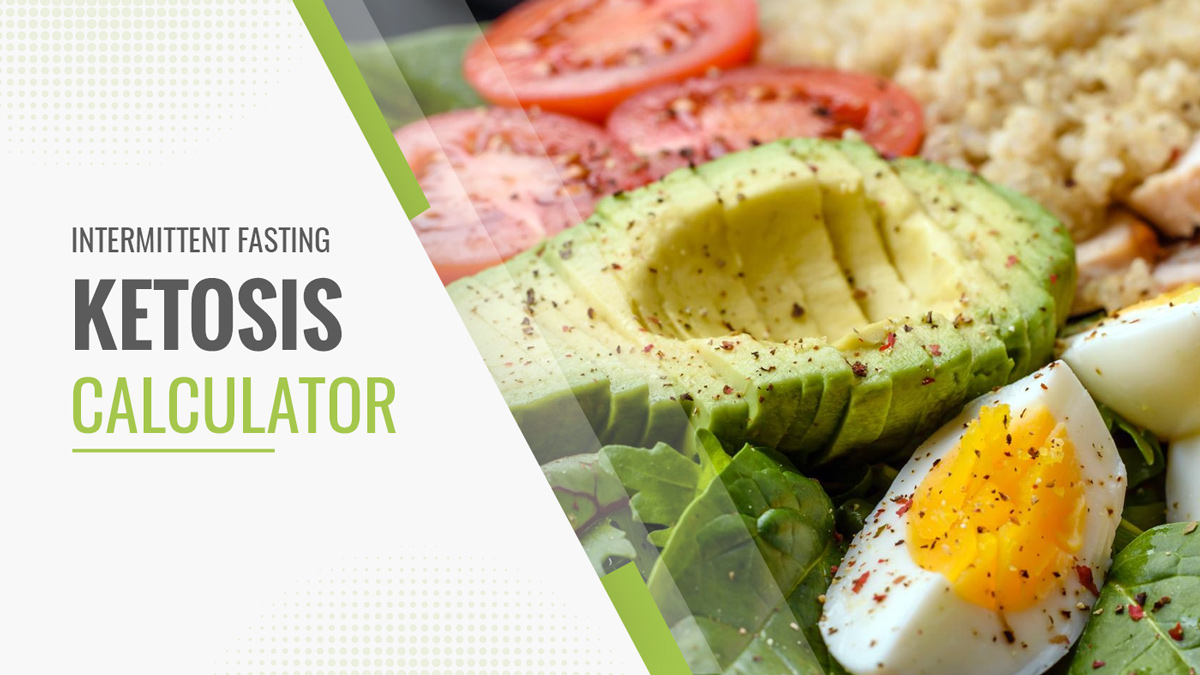Optimizing exercise performance remains a top priority for most and that includes neuroscientist Dr. Andrew Huberman. In a recent offering, Huberman shared his three major supplements used to enhance fitness and training.
Huberman is a successful neuroscientist who serves as an associate professor of neurobiology and ophthalmology at the prestigious Standford School of Medicine. In addition to his academic contributions, Dr. Huberman has cultivated a massive following online, courtesy of his successful podcast The Huberman Lab.
Huberman has used the platform to offer zero-cost-to-consumer health information. From supplementation, diet, and exercise, to mastering addiction and depression, Huberman’s all-encompassing approach to wellness makes his content unique and highly desired.
Amid the struggles of daily life, Huberman has committed to a consistent fitness routine for over 30 years. Given his knowledge in and outside of the laboratory, he recently sat down to share his three best supplements for improving training performance.
Dr. Andrew Huberman’s 3 Major Supplements for Optimizing Fitness and Training Performance
Huberman’s Quick List of Supplements to Improve Exercise Performance
- Omega-3s
- Creatine
- Rhodiola Rosea
Omega-3s
Huberman advocated for the consumption of Omega-3 fatty acids in the form of fish oil or krill oil.
“They are the major ones definitely worth knowing, those include supplementing with omega-3 fatty acids. Omega-3 fatty acids are found in of course foods things like fatty fish, Krill of all things, certain forms of algae, etc, but most people do not get enough of the so-called EPA form of Omega-3s. For that reason, I and many other people choose to supplement with a minimum of one gram per day and in some cases two grams per day of Omega-3s in supplement form.”
“There are many different sources of these that was discussed in an episode I did with Dr. Rhonda Patrick. I find that it is most cost-efficient to get that 1-2 grams of EPAs from liquid fish oil despite what you might see on the internet I don’t have any relationship to a liquid fish oil company.”
According to Huberman, sufficient levels of Omega-3 have been shown to enhance overall mood and offset depression.
“Getting sufficient amounts of Omega-3 has been shown to be important for mood so as a way to offset depression but also for enhancing overall mood. That probably relates to the Omega-3s effect on neurotransmission.”
Creatine
Huberman named creatine as his second tool for enhancing fitness.
“The second tool to enhance your fitness under this category under this category of nutrition and supplementation is creatine. Again, creatine is not just found in supplement form it’s also found in foods in particular red meat.”
“I and many other people take creatine daily. We now know there is no need to so-called load creatine in the old days as they were, old day by the way meaning 1990s to mid-2000s we were all told we had to load creatine, take high-dose creatine for four or five days, and then you could back off to a maintenance dose.”
Initially, research suggested that a loading phase with creatine was best, but Huberman explained that the evidence has now been proven inaccurate, adding that timing doesn’t seem to play a major factor.
“Now it’s very clear you can take a daily dose of creatine and that it really doesn’t matter when you take that creatine, you could take it post-workout as many people do you could take it pre-workout it really doesn’t seem to matter.”
He specified that the type of creatine doesn’t matter, however, urged those taking the performance enhancer to increase their daily dose depending on their total body weight.
“I see no evidence whatsoever that the other forms of creatine are superior to creatine monohydrate.”
“What you usually hear is taking five grams of creatine monohydrate per day is ideal for everybody. That advice is simply not well-informed by the scientific literature. If you are a larger person, for instance, I weigh 100 kilograms, that’s about 220 pounds.
Well, it turns out if you look at the literature on creatine and athletic performance and if you look at the literature on creatine and cognitive performance because as some of you already know, creatine is a fuel or phosphocreatine system is a fuel system for the brain as well If you look at the studies on creatine, they almost always gauge the amount of creatine to give an individual based on their body weight.”
Specifically, Huberman suggested 10 grams per day for someone weighing between 185-250 pounds.
“You don’t have to get really specific about this but if you weigh say 185-250 pounds, you can get away with and probably should be taking 10 grams or so of creatine per day which is what I do.”
Rhodiola Rosea
Lastly, Huberman underlined the benefits from Rhodiola Rosea — a cortisol modulator that has been shown to have an impact on one’s strength during intense workouts.
“Rhodiola Rosea is a supplement that’s gaining increasing attention because it is what’s called a cortisol modulator. It does not necessarily suppress cortisol, it does not increase cortisol, it’s a cortisol modulator. And frankly, the mechanism by which Rhodiola Rosea modulates cortisol is still under investigation.”
“There’s a growing body of research that has explored Rhodiola Rosea supplementation and one’s subjective perception of fatigue or output during high-intensity training of various kinds, both resistance training as well as running and endurance-type training.”
Even though it’s not as common as the others, Dr. Andrew Huberman credits Rhodiola Rosea as an effective tool for recovery and workout optimization.
“I started taking Rhodiola Rosea about six months ago, in response to conversations that I had again with Dr. Layne Nortan and with Dr. Andy Galpin and it’s a supplement that I take before high-intensity workouts. So I don’t take it before a run because frankly my runs are either very long and slow or they’re very brief.”
“Rhodiola Rosea would not fall into the category of foundational supplements. Certainly, get your nutrition right, get your sleep right, get your sunlight, all the basics first, please before even thinking about any supplements,” said Dr. Andrew Huberman.
Dr. Andrew Huberman isn’t the only accomplished medical professional eager to break down his supplement intake. As of late, Dr. Peter Attia joined Rhonda Patrick to discuss his supplement stack which is geared around sleep optimization, recovery, and longevity.
Supplements are, of course, meant to supplement a healthy diet, so Huberman urges those watching his podcast to ensure they fulfill other areas of their lives such as sleep and exercise to further optimize their fitness.
RELATED: 5 Best Natural Bodybuilding Supplements: Sculpt Your Body Into a Work of Art
You can watch the full video from the Huberman Lab Clips YouTube channel:
Tip: If you're signed in to Google, tap Follow.


